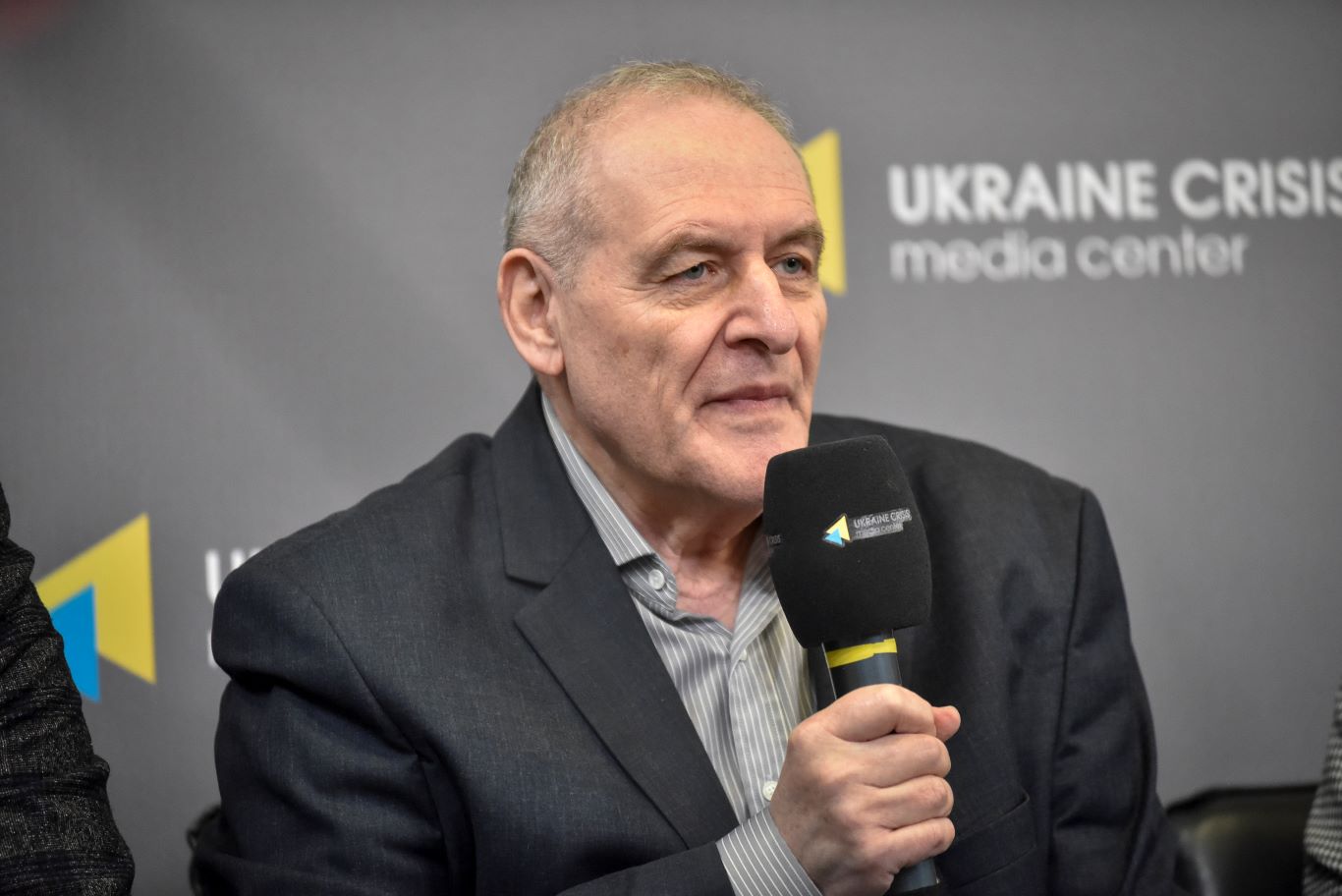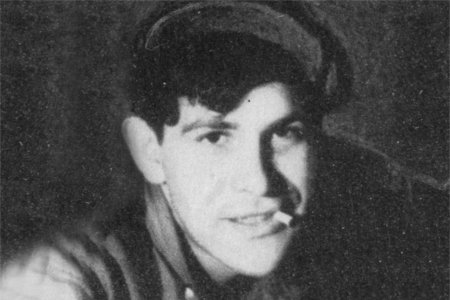![© CeltStudio / Shutterstock [вигоряння]](https://khpg.org/files/img/1608821890.jpg)
On October 14, I took part in a conference in Berlin dedicated to psychosocial support and human rights protection during major social upheavals—be it Russia’s aggression against Ukraine, the consequences of the armed conflict in Nagorno-Karabakh, or mass political persecution in Belarus and Russia. The audience included psychotherapists from several countries, including Germany, human rights activists from Amnesty International, Human Rights Watch, Memorial, and several German organizations. I spoke first and gave a 20-minute keynote presentation about the war with Russia based on this publication. I received many questions, including: “How does your organization manage to do so much? Share your experience.” and “Where do you get the strength and energy to work so much and in so many different directions?” The questions were asked by psychologists who help people stay in working conditions, so the questions were not idle.
I explained as they say on my fingers, but I felt that these questions required separate considerations. Indeed, how can we constantly meet and help people experiencing losses, grief, misfortune, and constant stress? How can we maintain strength and do this every day for many months in a row?
For an attentive listener, the conference gave much advice on how to endure. Fascinating were the thoughts of Professor Brendon Hamber from Ireland. Returning home, I decided to collect what I heard, hoping that it would be helpful to my employees at KHPG and other colleagues.
But I will start with the fact that if the team is carefully selected and consists of genuine human rights activists, then this is already a guarantee of future successful selfless work, absence of burnout, etc. How to identify the real ones—I conducted a study on this subject 27 years ago, and here is a summary of its results. In 1996, I was in the United States for a month under the International Visitor Program as part of an international group (22 human rights activists from 20 countries in Europe, Asia, Africa, and Latin America). I then saw that human rights activists are alike regardless of race, skin color, ethnic origin, language, etc. I decided to test this hypothesis with the help of psychological research, at least in Ukraine. Together with professional psychologists from Kharkiv University, in 1997-1998, we tested several groups of Ukrainian and Russian human rights activists and were convinced that the hypothesis held. We found that human rights activists have certain identical qualities. They are all, firstly, optimists; secondly, altruists; thirdly, they are a little crazy (there was an excellent publication about this). Fourthly, they are keenly aware of and cannot stand lies from politicians; fifth, they have strong nerves; sixth, their increased creativity distinguishes them; seventh, most have a developed sense of humor. I think the first four features are the most significant in identifying human rights activists—optimism, altruism, slight madness, and a keen attitude towards lies from politicians.
Since then, I have always carefully examined those who want to get a job at the KHPG and looked for traces of such traits. True, the last two years were difficult in the conditions of the war, and we hired several random people. Then they quit.

However, even a professional human rights team can “float away” in today’s challenging conditions. It is necessary to cultivate some additional principles and constantly remember them.
The first is hope. This is not difficult for the KHPG team (we are all optimists!). It is more difficult to instill hope in someone who has lost it because a son or husband has been missing for almost 2.5 years, and there is no news of them. But this can be done by telling real stories about finding the whereabouts of missing people, about whom nothing was known for a long time, and then connecting them with their families. And eight of them were even exchanged!
The second is a sense of our effectiveness. Our successes consist of many small victories that all team members need to know about. We are the best! — this feeling supports our dignity and pride and keeps us constantly in shape.
The third is connectedness, the interaction with other team members and colleagues in cooperation with government agencies and other organizations. We must maintain contact with close friends and family. When bitterness and disappointment roll in — it’s so good to call a loved one who will immediately understand and help!
The fourth — small joys are needed! How it helps! One needs to drink a cup of usual coffee at a specific time, another — to listen to a favorite piece of music or song, a third — to read poetry, and a fourth — to look at an album with prints of impressionists.
Fifth — to create a space of safety. So that everyone knows they are maximally protected in this space, there are alternative sources of heat, light, and the Internet and a place to hide if necessary. Here in the KHPG, there is still a lot to do.


